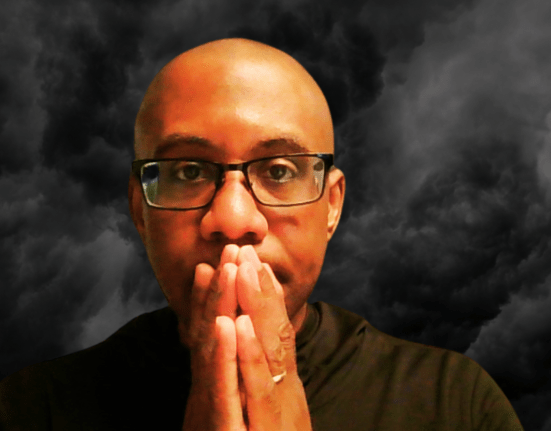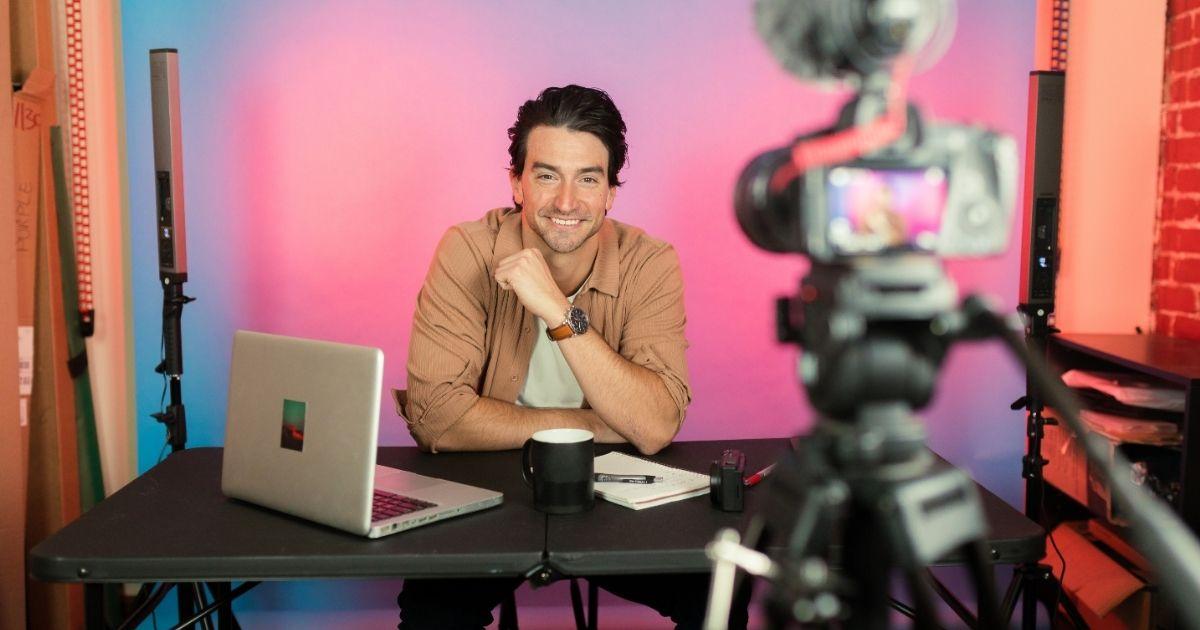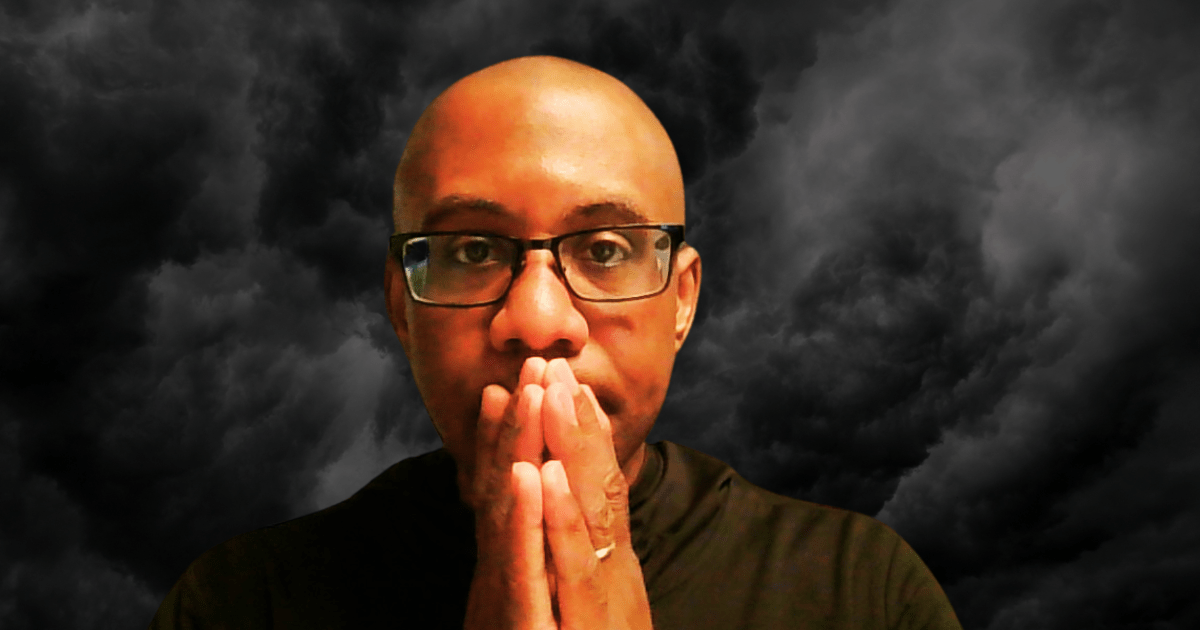Starting a business is exciting, but let’s be honest—it can also feel overwhelming, especially when you start thinking about the costs. What do you need to spend? What can wait? How do you know if you’re overspending or cutting corners? These are questions every entrepreneur asks, and I’m here to break it down in a way that feels less like a lecture and more like a conversation.
Let’s dive into the nitty-gritty of startup costs: the essentials, the optional extras, and how to strike that perfect balance between being smart with your money and investing in your dream.
Fixed Costs vs. Variable Costs
The first thing to wrap your head around is the difference between fixed and variable costs. It’s one of those business basics that make everything else click.
- Fixed Costs are like the non-negotiables—they’re the same every month, no matter how much you’re selling or growing. Think rent for an office or coworking space, software subscriptions, or employee salaries.
- Variable Costs are the wild cards. They go up or down depending on how much you’re producing or selling. For example, materials for your products, shipping fees, or packaging costs.
If I were starting a business, I’d want to keep my fixed costs as low as possible in the beginning. Why? Because those costs pile up even if your sales take time to pick up steam. Instead, I’d put more flexibility in my variable costs, so I’m only spending more when I’m earning more.
Essential Costs vs. Optional Extras
Here’s where things get interesting. Some costs are absolute must-haves, while others feel important but aren’t truly essential—at least not at first.
Essential Costs
These are the things you can’t run your business without. For me, this would include:
- Business registration and legal fees: You want to protect your name and make sure you’re operating above board.
- Website and domain: Even if you’re on a shoestring budget, having a basic, functional website is non-negotiable.
- Tools or equipment specific to your industry: For example, if you’re a graphic designer, you’ll need software like Adobe Creative Suite.
Optional Extras
These are the cherry-on-top expenses that can make your business look great but aren’t essential for getting started.
- Fancy branding packages: While a professional logo and design are great, you can start small and upgrade as you grow.
- Elaborate office spaces: A home office or a shared coworking space can work wonders at the start.
- Top-tier marketing campaigns: Organic social media, networking, and word-of-mouth go a long way before you spend big on ads.
If I were in your shoes, I’d focus on the essentials first and treat the optional costs as rewards for hitting key milestones.
What People Often Forget to Budget For
Starting a business is full of surprises, and some costs tend to sneak up on you. Here are a few that I’d plan for upfront:
- Taxes: It’s easy to overlook, but setting aside a percentage of your income for taxes can save you a headache later.
- Emergency funds: What if a big client doesn’t pay on time? Or a piece of equipment breaks? Having a cushion can be a lifesaver.
- Training or professional development: The business world evolves fast, and staying updated can be the edge that sets you apart.
How I’d Approach Startup Costs
If I were starting a business today, my mantra would be: Start lean, grow smart. I’d focus on spending money where it matters most—on the tools and resources that directly support the core of my business. At the same time, I’d avoid getting caught up in the pressure to look “perfect” from day one.
I’d also embrace creativity. For example, instead of splurging on a dedicated office, I’d create a functional workspace at home or meet clients in shared coworking spaces. Instead of hiring a big team upfront, I’d outsource to freelancers or use automation tools to handle repetitive tasks.
Let’s Talk ROI
For every dollar I spend, I’d ask myself: What’s the return on investment (ROI)? If a cost doesn’t directly help me attract customers, improve my product, or grow my brand, it probably doesn’t belong in my initial budget.
This isn’t about being cheap; it’s about being intentional. Spending smart at the beginning means you have more room to experiment and scale once your business starts gaining traction.
What About You?
If you’re starting a business (or dreaming about it), I’d love to know: What feels essential to you? Are there any costs you’re unsure about? The beauty of entrepreneurship is that no two journeys are alike, but sharing ideas can make the path feel a little less daunting.
Remember, it’s not about having it all figured out from day one—it’s about starting where you are, with what you have, and building from there. The most successful businesses didn’t begin with unlimited budgets; they began with passion, resourcefulness, and a willingness to learn along the way.
So, what’s stopping you? Let’s turn those startup dreams into reality—one intentional cost at a time.












